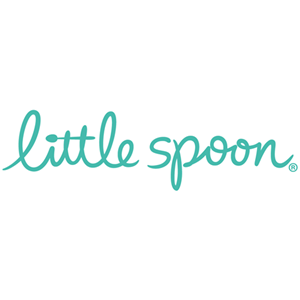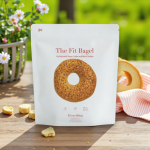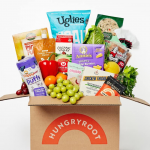Yumi Funding Caps Off Year of Growing Attention on Children’s Nutrition
@Yum@Y
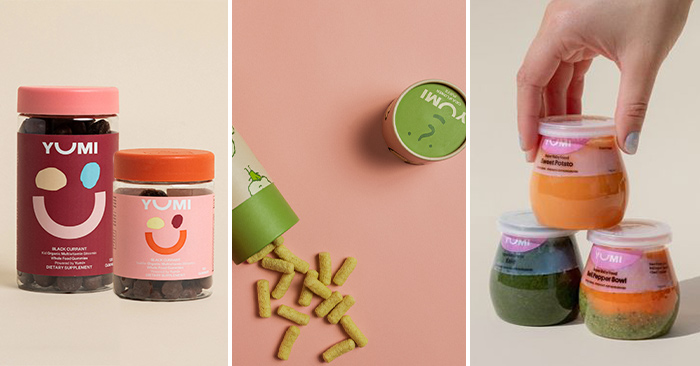
Yesterday baby and child nutrition brand Yumi announced it had closed $67 million in funding.
The deal caps off a year of acquisitions and investments in the category — attention that is reflective of both increased discussion of contaminants in baby food and growing interest in getting products to parents through newer distribution methods.
Private equity firms looked to place capital into direct-to-consumer brands, while smaller emerging brands also found themselves acquired by larger players that saw them as an easy bolt on addition — particularly ones that offered a way to age up (or down) their brands.
Over the course of the past year investors put their money where the cribs were: baby food companies Tiny Organics raised $11 million, Little Spoon raised $44 million (D2C) and Serenity Kids raised $7 million. Meanwhile Raised Real (D2C) was acquired by Once Upon a Farm and Amara Foods was acquired by The Eat Well Group. While these brands cross categories from frozen to refrigerated to shelf stable, all emphasize limited ingredient decks with more premium, natural ingredients and an emphasis on balanced nutrition.
What are the details of the Yumi deal?
The Yumi round was led by bio-science investment firm Jazz Venture Partners, with additional participation by Anne Wojcicki, CEO and co-founder of 23andme, as well as AF Ventures. In total the company has raised $79 million.
Selling exclusively D2C, Yumi launched in 2017 with fruit and vegetable smooth purees for infants but has since aged up, adding more textured purees, “pinchable” foods and bites, like puffs, fruit leathers and vitamins for adults and children.
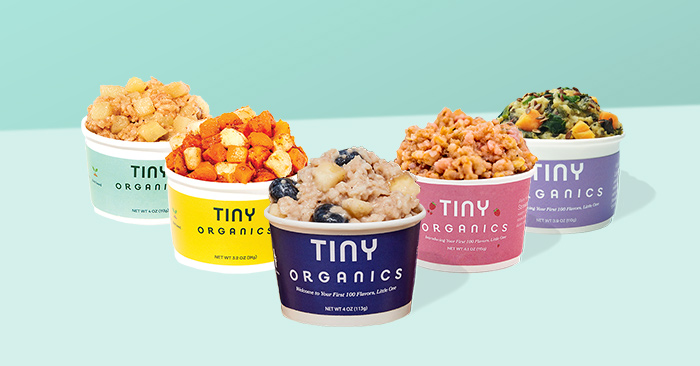
Why did baby food attract attention in 2021?
This year got off to a rocky start for the baby food industry: in February, a congressional investigation found that many popular baby food brands contained arsenic, lead and other toxic metals, leading to a call for the FDA to better regulate the industry and institute more stringent testing. In March, U.S. lawmakers introduced the Baby Food Safety Act of 2021, which would limit the amount of heavy metals in baby food.
As a result, scrutiny over the ingredients in baby food products is on the rise, giving brands an opportunity to amplify their individual credentials. Yumi promises better quality standards and products grounded in science, noting in a press release that it is the first baby food company to sign the Baby Food Safety Act and is currently working with medical advisors at Yale University study to better understand infant feeding trends.
The pandemic has also increased parents’ concerns about the health of their children, many of whom are not yet eligible to receive vaccines. According to data provided by Amara Foods this past summer, 96% of millennial parents cite “real ingredients” as the most important attribute in selecting infant nutrition products and 75% of parents focus on “nutrition.” Meanwhile, recent research by the Hartman group found that 61% of consumers see food as a way to prevent or treat health conditions and 51% see “immunity” as a part of defining what “health and wellness” means to them.
To supplement their whole-food-based products, Yumi also offers kids and toddler vitamins that the company says will assist brain development, provide “extra immunity,” and include vitamin C and Zinc. Little Spoon has also added functional “boosters” to its roster, powders with names like “sniffle shield” and “gut feeling.”
“Yumi is empowering its community to make informed decisions about what they eat and optimize their diets,” a press release notes.
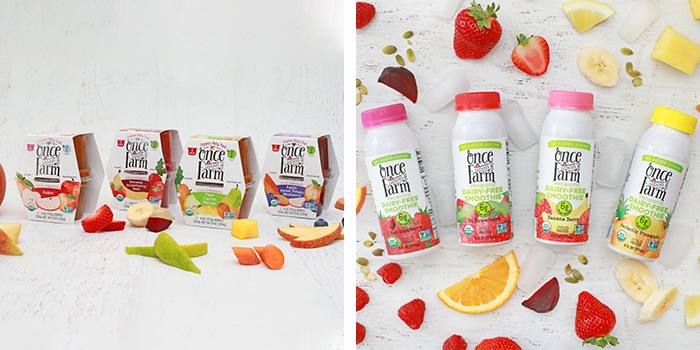
How is this growth reflective of larger shopping trends?
Direct-to-consumer baby food brands have faced a challenging path historically, with harried parents more concerned about being able to purchase items immediately rather than planning ahead. Selling perishable baby food, as opposed to the jars and pouches found in center stores, has also required additional education and changing consumer behaviors.
Still, the impact of the COVID-19 pandemic has upturned traditional shopping paradigms and getting shipments at home was a lot more appealing. According to consulting firm Deloitte from February, year-over-year growth rates for online spending on groceries was 235%, with the firm noting that “this high level of online consumer spending has persisted throughout the pandemic.”



